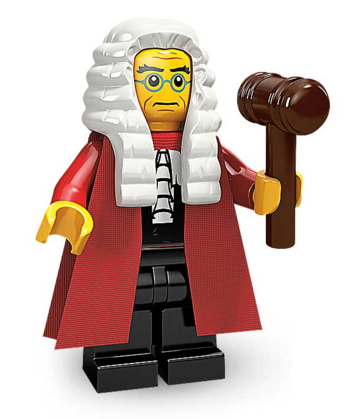 Attempts by environmentalists to gain an advantage in the climate wars through the courts continue to attract the interest of commentators, particularly those on the sceptic side. Judith Curry has a review of some recent developments and Booker was discussing similar questions behind the Sunday Telegraph's paywall over the weekend.
Attempts by environmentalists to gain an advantage in the climate wars through the courts continue to attract the interest of commentators, particularly those on the sceptic side. Judith Curry has a review of some recent developments and Booker was discussing similar questions behind the Sunday Telegraph's paywall over the weekend.
I'm unsure about just how far the legal system is going to accept the kinds of cases that the greens are hoping for. It may well be that it depends on the particular jurisdiction. Philippe Sands reckons that because international courts involved themselves in the question of whether the Japanese whaling programme was scientific, they can (and should) involve themselves in questions of climate change. This seems an almost preposterously weak argument for a senior lawyer to make. Whether some activity is scientific or not is a question of categorisation - quite different to questions such as "What is the value of climate sensitivity?"
Interestingly, while a professor of international law can make such a lame case, a more mature understanding is demonstrated by Laura Hardcastle, an undergraduate law student at Victoria University in Wellington, New Zealand. Her dissertation was cited in the Sharman paper I discussed the other day, and I note it has also been cited by a former Prime Minister of New Zealand. I'm therefore reasonably comfortable in presenting it as a credible source.
Hardcastle makes the point that the courts are inherently unsuitable for deciding scientific matters, which should therefore remain non-justiciable. This seems eminently sensible to me. She goes on to explain that an exception should be made for cases of scientific fraud. I think she is right here as well, because of course the question of whether a scientist has behaved fraudulently is not really a scientific question, it's a question about the permissibility of their behaviour.
If we accept Hardcastle's case, then Sands' hopes for help for his cause from the courts will come to nothing. That still leaves greens' agitation for a RICO case in the USA. Here, you might argue the question is one that might - in principle at least - be justiciable. However, whether any court would give more than a moment's consideration to what is little more than a conspiracy theory is another question altogether.